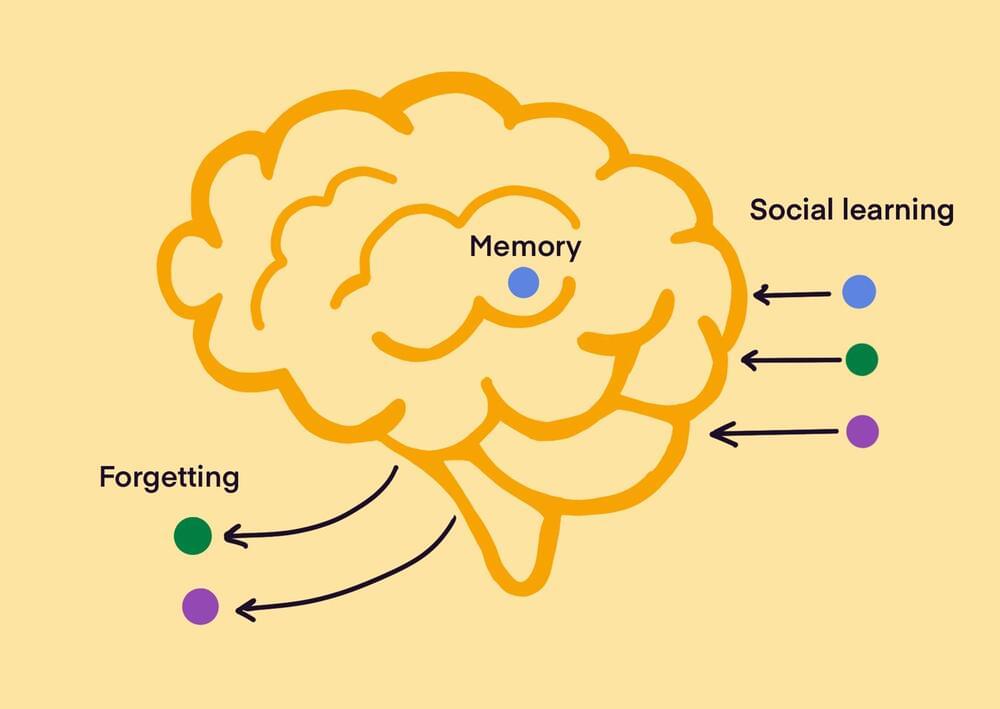One of the most actively debated questions about human and nonhuman culture is this: Under what circumstances might we expect culture, in particular the ability to learn from one another, to be favored by natural selection?
Researchers at the Max Planck Institute for Evolutionary Anthropology in Leipzig, Germany, have developed a simulation model of the evolution of social learning. They showed that the interplay between learning, memory and forgetting broadens the conditions under which we expect to see social learning to evolve.
Social learning is typically thought to be most beneficial when the environments in which individuals live change quite slowly—they can safely learn tried and tested information from one another and it does not go out of date quickly. Innovating brand-new information, on the other hand, is thought to be useful in dynamic and rapidly changing environments.
